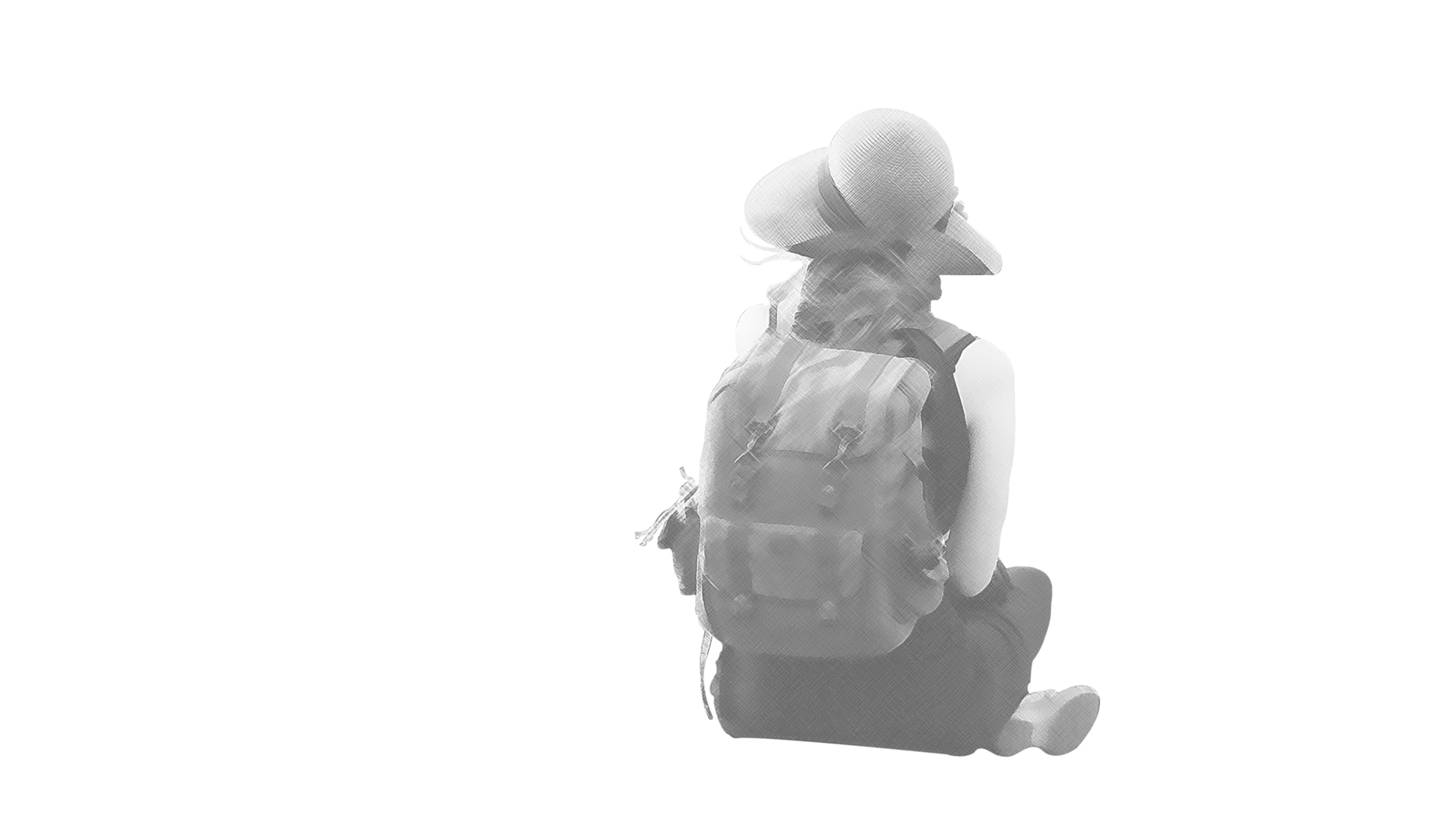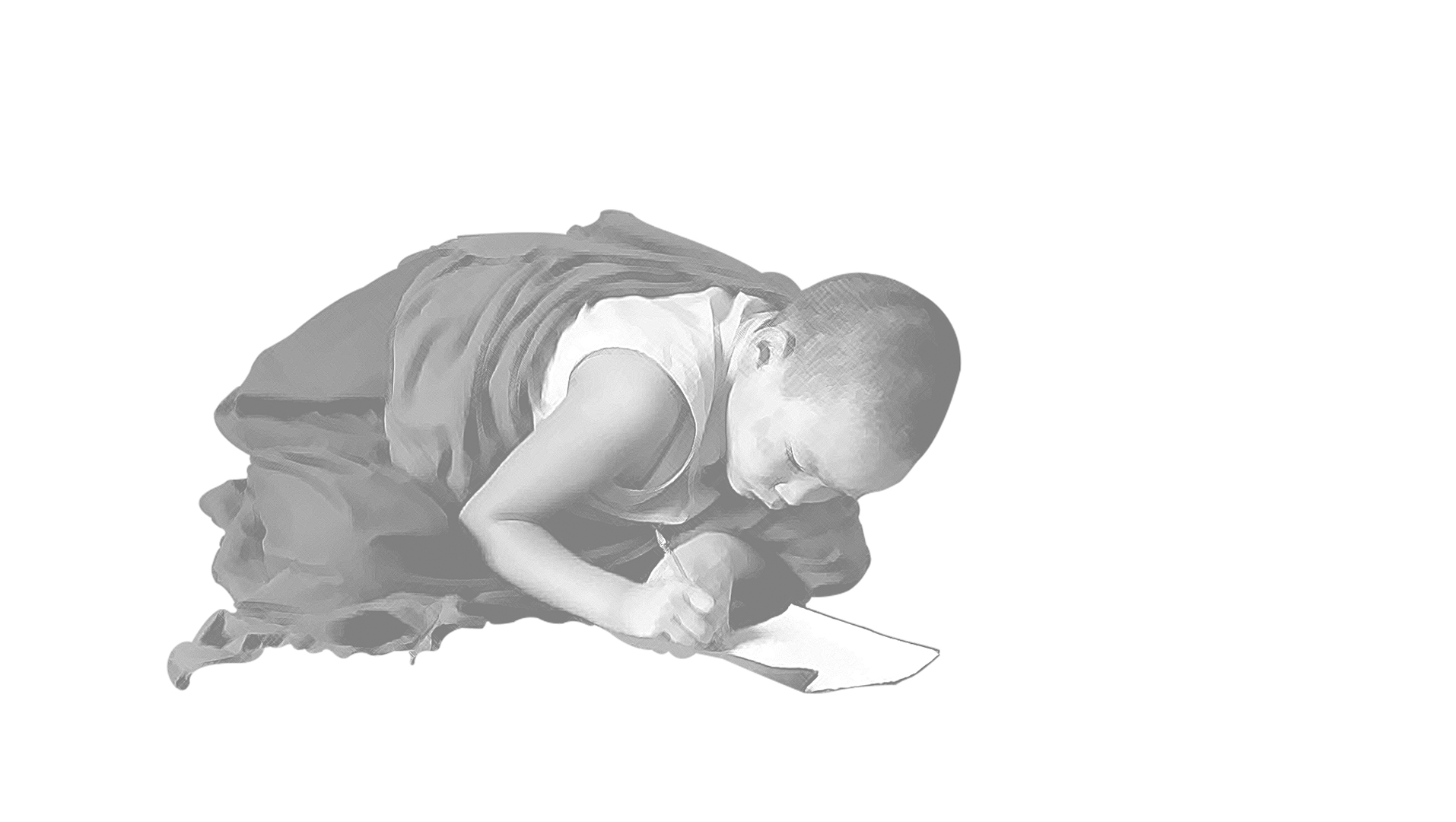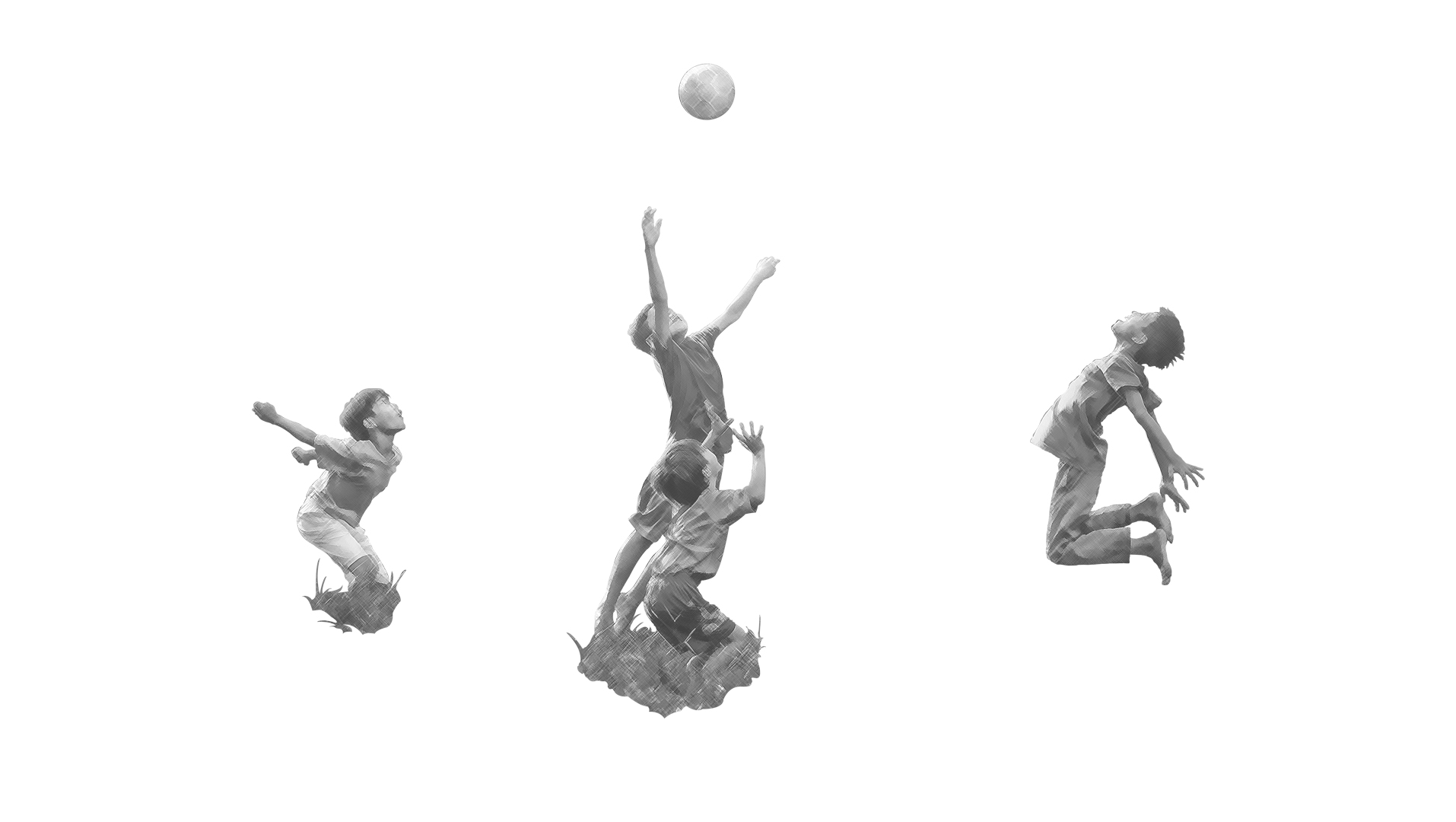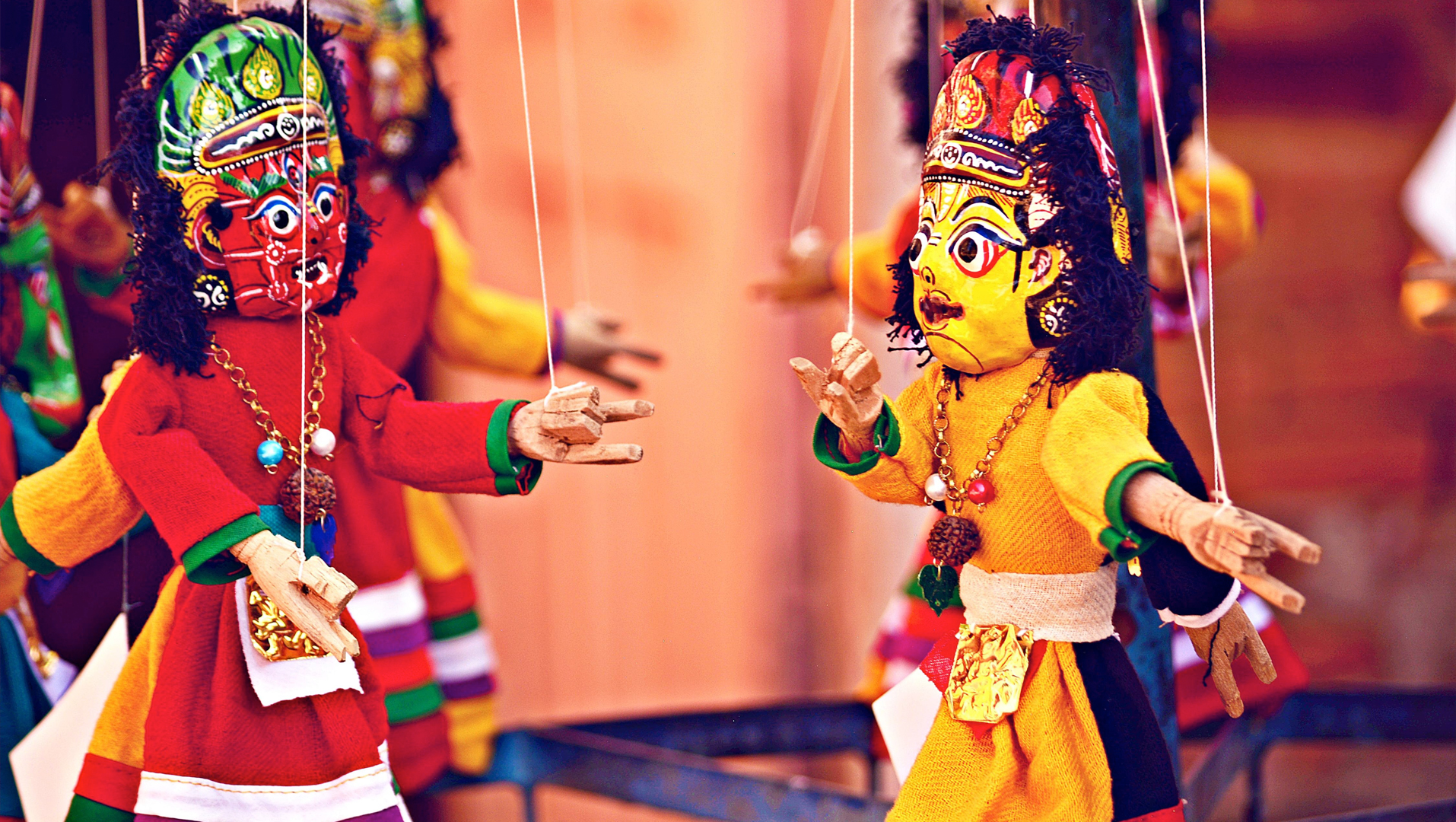Recently, I read a blog post of We Aren’t Just Vehicles for your Guilt and Privilege: A View from Nepal by Rishi Bhandari, a Nepali who grew up surrounded by international volunteers. Bhandari’s key criticism surrounds volunteer travel in a post-colonial manner: White savior comes to the short-term ‘rescue’ by pursuing to save the illusion that the white savior has created in their mind of the ‘beneficiaries’ and their surroundings. For Bhandari, and for many post-colonial scholars, the perceived privilege comes along with imagined capability to ‘teach’, ‘help’ and ‘empower’. This is problematic, among others, due to lack of local contextual knowledge, Global North epistemologies and mere naivete.

Having done my graduate degree in gender studies and currently doing a PhD in the field of humanitarianism, I identified intellectually several of Bhandari’s arguments. Mary Mostafanezhad (2014) discusses how volunteer tourism commodifies empathy and stretches our imagination on how neoliberal capitalism articulates in global social relations. Michael Mascarenhas (2017) flags that colonial countries have a long-standing tradition to send, particularly young, people overseas in the guise of goodwill, democracy and charity, which translates into the spread of the Western cultural, political and economic hegemony. As for global politics, Johannes Paulmann (2013) argues that the overall humanitarian commitment from the Global North has safeguarded the moral positioning and superiority of the West and the commitment itself is a kind of postcolonial remedy. Yet, despite such intellectual approaches, the blog post was speaking to me on another level – as addressing the thoughts of the 20-year-old me.
There are several different kinds of volunteering opportunities for those who are interested. Importantly, volunteering doesn’t equal to international volunteering. An example of this are national Greek volunteers in crisis-ridden Greece of the 21st century’s second decade, during which volunteering became a governmental, institutional and social reconfiguration of the new Greek and European Union citizen (Rozakou 2016). Despite having had volunteering opportunities inter alia among the elderly, youth and homeless in my home country, such considerations were swept away by the temptation to combine volunteering with travel.
Back in the beginning of this decade, I remember having had a discussion with another Finnish volunteer on her experiences which eventually created a yearning for myself to do something similar. Many volunteer experiences begin this way – from an intersectional perspective, you hear the side of the story from a person who bears resemblance to yourself and you are attracted to their insight. Alternatively, if the mountain will not come to Muhammad, then Muhammad must go to the mountain: After my volunteering, I received numerous inquiries particularly via Facebook from other interested people from the Global North asking about the NGO I ended up working with and my insight and experiences as a volunteer in Nepal.
After a quick Google search for key words “volunteer Nepal” today, I was given 26,700,000 results in 0.83 seconds.
When I began my search for my volunteer travel in 2010, the volunteering opportunities through online searches seemed endless, and they still appear to be so. After a quick Google search for key words “volunteer Nepal” today, I was given 26,700,000 results in 0.83 seconds. At the beginning of my twenties, when scrolling through the World Wide Web for these opportunities, I saw a program for an English teacher, which I felt back then to be an area in which I could ‘contribute’ – interestingly enough as a non-native English speaker.

As far as I would like to remember, my intentions for deciding to become a volunteer were ‘good’ from the position and perspective I then had. As many other young Global North volunteers, I was curious about the world and motivated by the opportunity to see another part of it while simultaneously interacting with people from different cultural, ethnic and religious backgrounds. Having recently finished my high school studies, I was in the search of directions and interests for my life and somehow the idea of travelling far in order to see near seemed appealing. And as far as I recall, also my social circles in Finland found my thoughts and determination for international volunteering a fascinating discussion topic, inevitably accumulating my social capital.
The program costs (including residence and food in the monastery) and the flights from Helsinki to Kathmandu and back were around 3000 euros altogether. A hefty investment for a high school graduate in a gap year as I was working in the restaurant field at the time, earning approximately 1300 euros per month. But this was a target I felt withdrawn to direct my savings to. Soon enough I was on the airplane heading to Kathmandu, then completing my volunteering and personal soul-searching after which heading home with an experience of a memorable summer. In Finland, I was interviewed by the local newspaper and radio on my experiences of volunteering and living in a Buddhist monastery, broadening my personal spectacular into a public one.
Without going into the details of my volunteer experience itself or the possible usefulness of my work (as these reflections would be only one-sided), I have been reflecting my decision to go in retro-perspective. Particularly, by employing critical thinking tools I have acquired during my years in academia. There I was, a young, well-meaning Western adventurer finding courses for my life at the expense and in the everyday of other people. Simultaneously, I had a sincere feeling of contributing to an enterprise more novel and greater than my individual self. With time and education in social sciences, I become more aware of the history and reproduction of global inequalities which had been embodied in my volunteer experience. My economic situation and overall global positioning as white, Western and travelled individual with English language capabilities (to name a few) enabled me to volunteer in a manner that the majority of the world’s population cannot. With that being said, I am also considering has my new privilege – academic education – somehow overridden my previous privileges in giving me new tools to criticize volunteer travel[1] today in a way which was out of my reach when I made the decision to become a volunteer.
Overall, reflecting volunteer travel from the positionality I have today feels problematic as for me such experience is not an intangible intellectual discussion or societal phenomenon, but a part of my personal and professional past. Later in life, and particularly as a young professional otherwise lacking years of applicable work experiences, I have also stated my international volunteering in my curriculum vitaes, which, undoubtedly, have aided my professional opportunities in my international career. The consideration that I have made professional gains through such volunteering —which grounds and continues to exists on the basis of global inequalities— is a painful one. Expanding from personal agony into systematic structures, both Mary Mostafanezhad and Michael Mascarenhas (2014 & 2017) underline that young volunteers today are also increasingly cognizant of the pressure to gain international experiences to open doors for educational and professional opportunities in which volunteer travel plays a role. Also, prestigious universities and trainee programs have taken such an ‘exposure’ as a part of their programming in ‘qualifying’ young professionals to face the global challenges of today.
Volunteer travel does not seem to have an end in sight, rather, it seems to accelerate in an increasing pace, and it has firm structures in its support and maintenance. Seemingly ever-increasing number of NGOs, INGOs and private sector social corporate responsibility programs provide opportunities in which volunteer travel can be deployed. As discussed, it is also now being more and more integrated and formalized in the spheres of education and professional careers. As scholars, activists and journalists argue, volunteer travel remains deeply problematic as individual, small-scale intervention (whether based on morality, empathy, guilt, curiosity, educational and professional development or something else) lack the means and muscles to redress macro level challenges such as poverty and weak governance. Silver bullet solutions, such as volunteer travel, and the framing of global inequalities in their format are perplexing and contested to begin with, posing the question whose interests these bullets actually serve.

Volunteers are motivated by various shades and impressions of other people’s imagined existence which are given illustrations inter alia in media and aid campaigns’ propaganda and images. Regrettably, volunteer travel continues to reinforce global inequalities by offering patch solutions at its best and without adequate means to address the underlying root causes of suffering. What at first glance seems to be a hearty interaction between a volunteer and a host-community member, can actually contribute to bolstering of inequalities. In addition to lacking the desired macro level impact, the micro, individual level effects take place.
Volunteer travel will continue to exist. Volunteers may be young people in their gap year like I was, or they might be retired couples seeking to ‘give back’. International volunteering like other cross-cultural interactions, can break down artificial barriers between people and plant seeds to a deeper understanding of our shared humanity. The problem with volunteer travel is, however, that the movement in its current format is mostly a one-way street. It is the Finnish girl fresh-out of high school student who uses her gap year savings to go teach English to Buddhist monks in Nepal. It is not the young person from Bangladesh who comes to the United States to educate American children without any professional quaifications equipped only with her or his high school diploma, young enthusiasm and life-experience.
[1] The term volunteer travel is used in parallel with terms volunteer tourism and voluntourism, commonly referring to international volunteering for short periods of time, usually weeks or some months. Particularly volunteer tourism is often compared to mass tourism in the so-called developing countries, in which the former is seen pursuing to bring positive impacts to the host-communities and destinations whereas the latter has been criticized for the lack of such positive impacts (see for example Harng Luh Sin 2009).
References
Mascarenhas, M. (2017). New Humanitarianism and the Crisis of Charity: Good Intentions on the Road to Help. Indiana University Press.
Mostafanezhad, M. (2014). Volunteer Tourism. Routledge.
Paulmann, J. (2013). Conjunctures in the history of international humanitarian aid during the twentieth century. Humanity: An International Journal of Human Rights, Humanitarianism, and Development, 4(2), 215-238.
Rozakou, K. (2016). Crafting the volunteer: Voluntary associations and the reformation of sociality. Journal of Modern Greek Studies, 34(1), 79-102.
Sin, H. L. (2009). Volunteer tourism—“involve me and I will learn”?. Annals of Tourism Research, 36(3), 480-501.
Weiss, T. G., & Barnett, M. (2013). Humanitarianism Contested: Where Angels Fear to Tread. Routledge.
Photography Salla Turunen, Nagesh Badu and Sagar Dani on Unsplash





